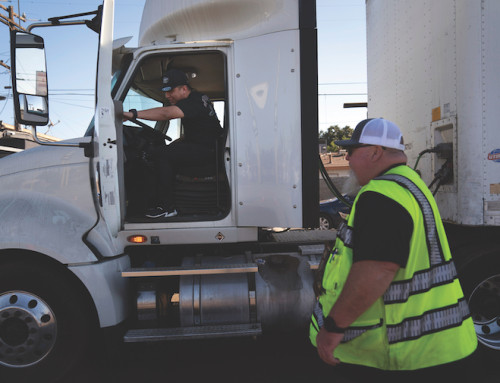Ahead of a Supreme Court of Ohio decision that could determine just how available to the public the video footage captured by police body cams and cruiser dash cams should be, a southwest Ohio lawmaker has proposed legislation presumably that would settle the question, at least for body cams.
Rep. Niraj Antani, a Republican from Miamisburg, introduced this week House Bill 585 which would provide that a record created by a body camera that is worn or carried by a law enforcement officer who is engaged in the performance of the officer’s official duties generally is a public record.
“With the advent of police body cameras, we need to establish public records laws around them,” said Antani.
Additionally, HB 585 has provisions for the circumstances in which recorded footage is not a public record and the conditions by which it may become public.
According to Subsection C of the legislation, a record created by a body camera in a residence in which the subject of the record has a reasonable expectation of privacy and is not a confidential law enforcement investigatory record becomes a public record subsequent to a person’s conviction of or plea of guilty to an offense.
In the case of a minor, the record would be made public subsequent to a child’s adjudication as a delinquent child for an act that would be an offense if committed by an adult.
The exception would apply also to an area of nonresidential private property that is not publicly accessible or to which access is restricted.
In all cases, however, the recorded footage must be relevant to the offense or act.
If the record contains information that is not relevant to the offense or act, then information to which a person has a reasonable expectation of privacy or that could compromise the privacy of the property owner, lessee, or occupant is exempt from the duty to permit public inspection or copying and is subject to redaction, the bill stipulated.
“For the first time, police video cameras will be going into private homes,” Antani said. “My goal is to ensure openness and transparency, while protecting the individual’s right to privacy.”
HB 585 also allows for the exclusion of portions of such a record that contain personal information or information. Personal information includes the following:
- An individual’s social security number;
- An individual’s federal tax identification number;
- An individual’s checking account number, savings account number, money market account number, mutual fund account number, credit card number, or other financial account number;
- An individual’s medical records;
- An individual’s personal identification numbers, passwords, and user names, that the individual uses in person, on the internet, or to access a web site, computer, automated teller machine, or other electronic device.
In State of Ohio ex rel. Cincinnati Enquirer v. Ohio Department of Public Safety and John Born, attorneys for the newspaper have argued that footage from police cameras are similar to 911 calls and that they initiate a police investigation, whereas law enforcement has maintained that such records are part of police investigations and should not be released publicly until an investigation is complete.
A decision is expected later this summer.
Finally, the bill requires a local records commission to maintain records from a body camera for at least a year unless the law enforcement agency is subject to a records retention schedule that establishes a longer period of time.
Antani was asked about any unforeseen financial hardships that could result from a requirement to maintain the video footage, such as expenses associated with an expanded server or personnel to manage it.
“No. We are not requiring anyone to have body cameras,” he said. “This is simply regarding what they do if there’s a public records request.”
The bill had not been assigned to committee as of publication.








